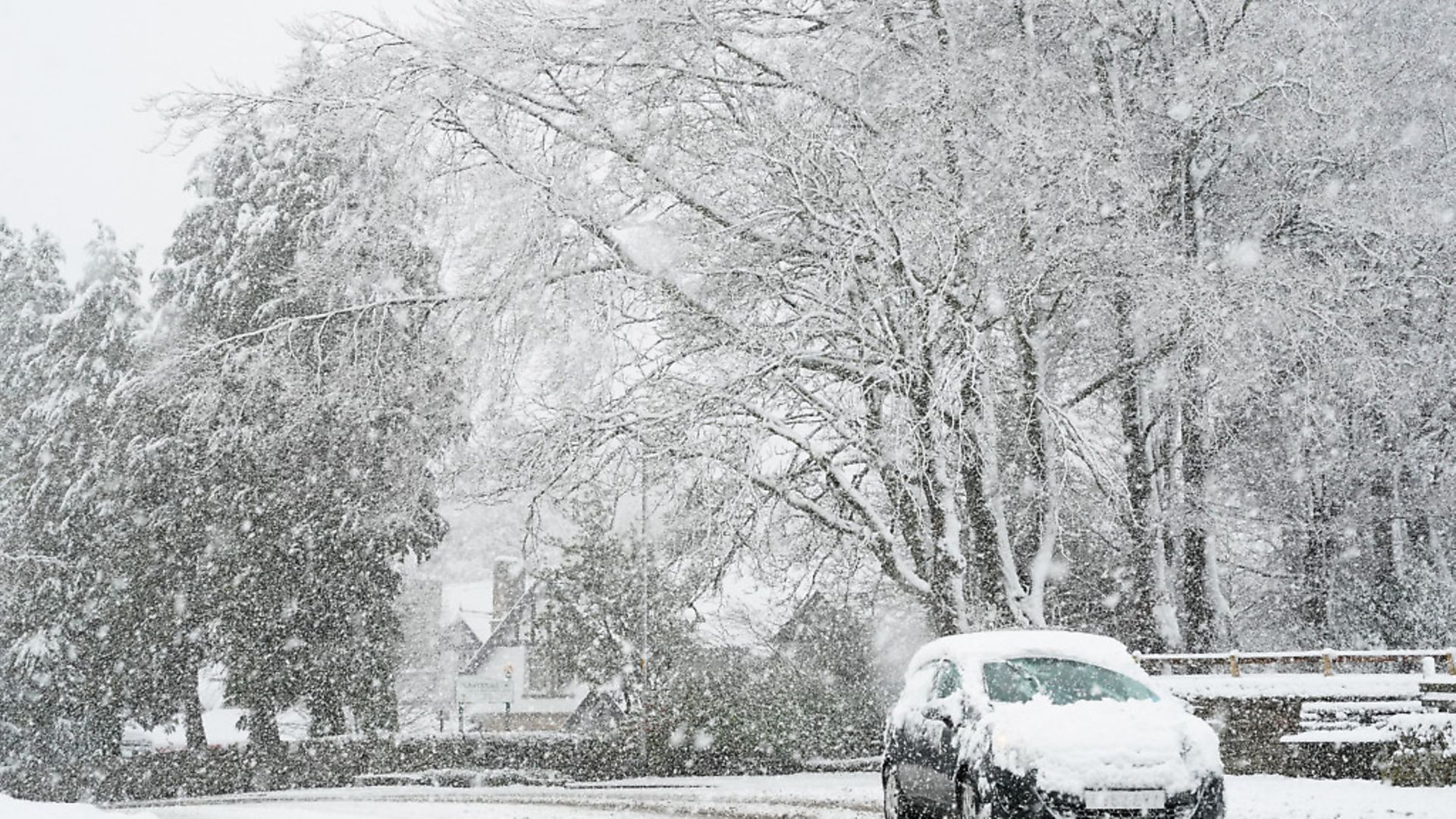
PETER TRUDGILL on how languages come up with the words their culture requires and uses snow as an example.
My German-English dictionary says that the German word keltern is to be translated into English as ‘to press (of grapes)’ (for the purpose of making wine).
The word comes originally from Latin calcatura, ‘stamping’, which is derived from calcare, ‘to trample underfoot’, which is ultimately derived from calx, ‘heel’.
It was from the Latin-speaking Romans that the Germanic-speaking peoples learnt how to make wine; and English wine, German Wein, Ditch wijn, and Scandinavian vin all are derived from the Latin word vinum, ‘wine’.
In English, we sadly do not have a single word for ‘to press grapes for the purpose of making wine’. But it is not too difficult to work out why we lack such a lexical item from our language.
The climate and topography of most of the island of Britain, for much of its history, have not been particularly conducive to the production of Riesling or Gewürztraminer or Grüner Veltliner, so we have not traditionally had a great deal of use for a word with this meaning.
For the same type of reason, the English language also lacks words such as goahpalat – ‘the kind of snowstorm in which the snow falls thickly and sticks to things’ – luotkku – ‘loose snow’- moarri – ‘brittle crust of snow, thin frozen surface of snow’ – and ruoknga – ‘thin hard crust of ice on snow’.
These are all words which are found in the North Sami language which is spoken in the far north of Norway.
Most British people will be somewhat familiar with the phenomenon of ‘loose snow’, but most of us do not have much cause to talk about it very often; and if and when, from time to time, we do, we have the words ‘loose’ and ‘snow’ available to us to put together to convey this particular meaning.
We would, of course, be at much more of a disadvantage if we wanted to express the concept of guoldu: ‘a cloud of snow which blows up from the ground when there is a hard frost without very much wind’.
The point is that when speakers need to talk about particular phenomena on a day-to-day basis, their language will tend to have evolved to provide single words to indicate those phenomena in a quick and efficient way.
We do not necessarily even have to look at languages spoken in far-off places to illustrate this point. British sheep-farmers have a number of words for different types of sheep which are mostly unknown to those of us who are not involved in that business, including ewe-hogg – ‘ewe lamb after mating’ – gimmer – ‘ewe between first and second shearing’ – freemartin – ‘twin female rendered infertile by the effect of the male twin’s dominant hormones during pregnancy’ – and shearling – ‘a sheep shorn once’.
But it is still true that the more different cultures are from one another, the more likely there are to be differences in types of vocabulary.
The language used by the indigenous Yupik people of Alaska has a number of words which illustrate this rather nicely. The Yupik Eskimo Dictionary contains several forms which reflect a very specific culture that was formed in a very specific milieu.
It is safe to say that most of the inhabitants of the British Isles have never needed words such as araq – ‘ash made from birch tree fungus and mixed with chewing tobacco’ – caginraq – ‘pelt of a caribou taken just after the long winter hair has been shed in spring’ – partak – ‘spruce root stretched above water from which to hang a line of snares just above the water’s surface to catch waterfowl’ – qamigartuq – ‘he goes seal-hunting with a small sled and kayak during the spring’ – or puguq – ‘it (a fish or seal) came to the surface, emerging halfway’.
Perhaps especially unlikely to be needed in the context of modern British society is the very fine Yupik word qellukaq – ‘the flipper of an elderly seal’.










